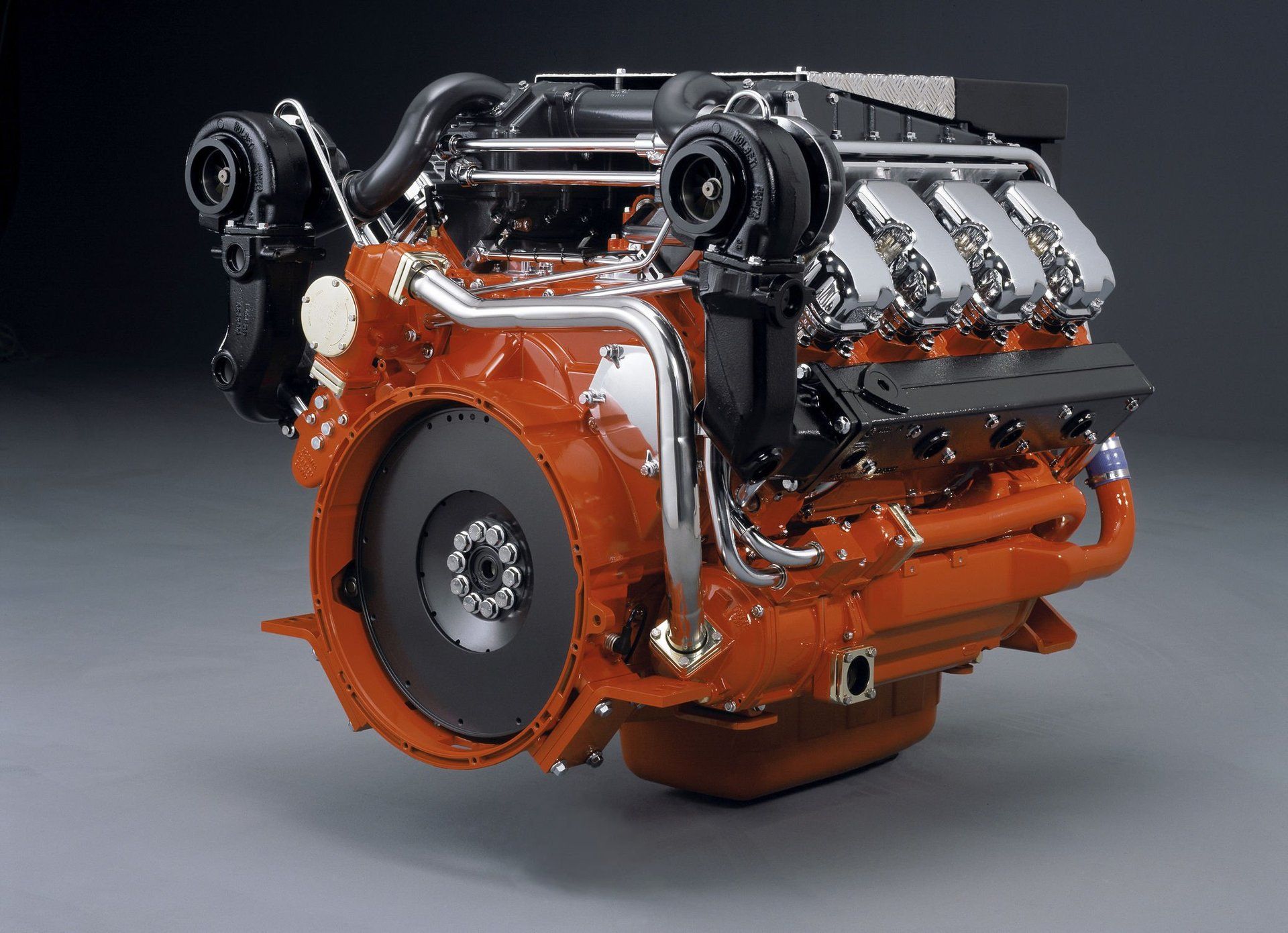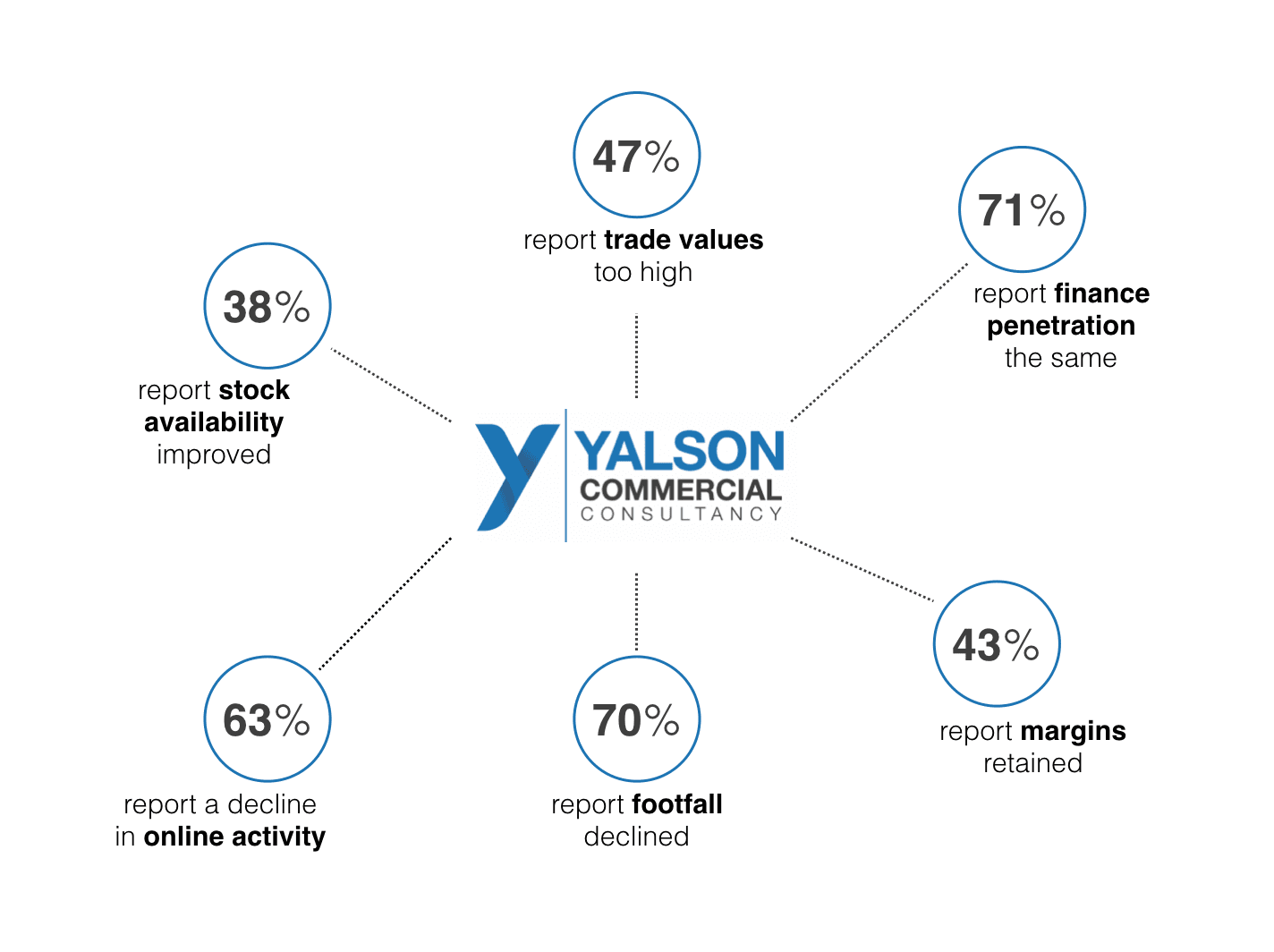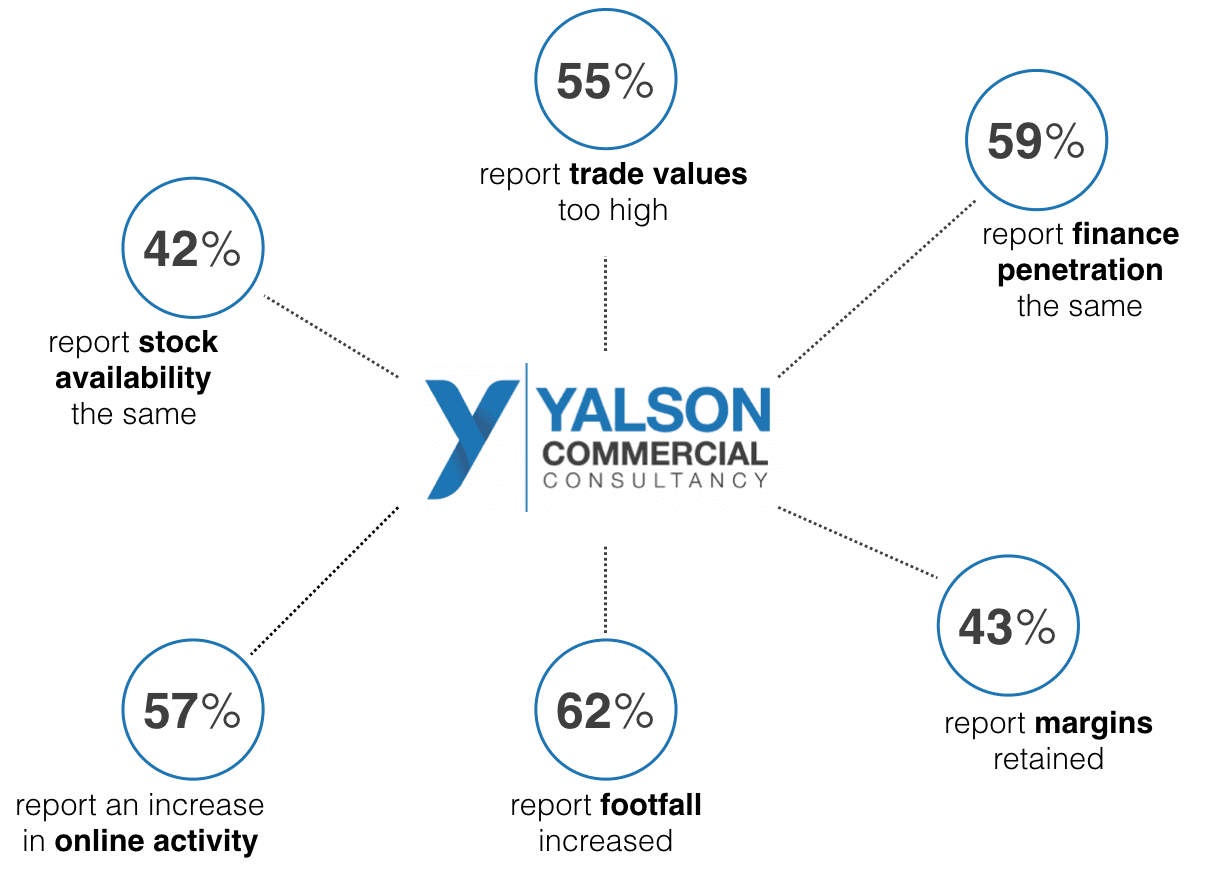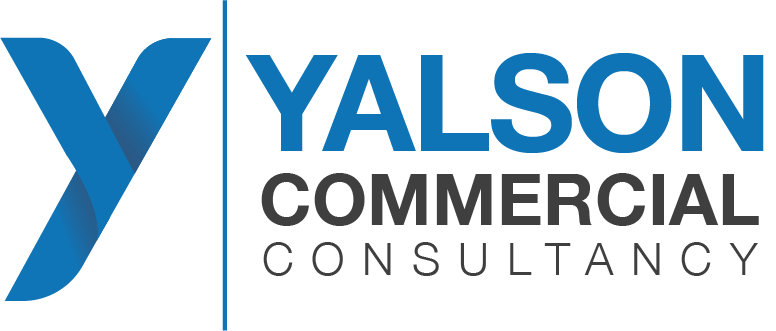UK Contract Hire prices risen 9% in the last 12 months
What does this mean for future decision making?

People ask me the question all the time: 'Should I lease or should I buy?'
The answer is always 'it depends'
. Now, that's not an evasion tactic, it really does depend on a multitude of factors. A large proportion of the factors come down to simply the cost element of both sides of the argument. Seeing an adjustment in leasing prices of this size is huge
and is one that will produce an impact on future decision making within businesses across the UK
.
A research group called UHY Hacker Young discovered that the monthly cost of leasing a car jumped from an average of £232 per month in February 2017 to £253 in the same month in 2018
, a study based on some of the most popular marques in the UK car market. So, does this really come down to Brexit?
Well indirectly, I would say yes. It's the weakened pound that increases import costs
for the manufacturers. If the residual value hasn't increased inline
(which I don't think it has) then the cost of leasing must go up
. Therefore the impact of a weakened pound is passed straight on to the customer
, either in whole or part.
Audi and Mercedes-Benz have their A3 and C-Class up in leasing price by 23% and 19% respectively
. These increases are huge. I recall personally looking for a version of the C-Class in February 2017, the difference in price between then and now would have been £77.71
based on the 19% increase. A staggering amount when you would be getting the exact same product, no improvements, no variation on model, spec or engine... the exact same car
.
UHY Hacker Young also concluded that the top three risers in the price category were for diesel models
, this again will likely be due to the decrease in residual values due to legislation changes that have recently taken place.
Unfortunately, this jump in price doesn't seem to be something of a passing trend
, it could well be here to stay. We as the UK market have enjoyed huge discounts of late
, but these amounts have shortened as the cost of bringing a car to the UK market has risen
. Let's take a car that cost's the UK end of the manufacturer €20,000
, as an example and compare the € vs £ at a 3-year interval
. On March 11th, 2015 the exchange rate was 1.4134
. This means the UK manufacturer pays £14,150.28
. On March 11th, 2018 however, at a rate of 1.1283
, the car would cost £17,725.78
. A staggering difference of £3,575.50
. Now, over a 3 year lease period with 3 payments in advance
, taking into account no interest at all, the increase in payments should be £94.09
. This shows that the manufacturers haven't necessarily passed on the full increase in costs to their customers
. Should they pass it all on? Afterall it's their supply chain issues, isn't it?
The exchange rates are to be watched constantly
. It's a fundament element of our business
. It allows us (in the same way we monitor legislation
) to monitor and project the outcomes of the future
with a degree of certainty. This projection protects our customers from an increase in cost to their fleet when it can be avoided in some cases
, or at the very least planned for in all
.
The challenge for businesses managing their own fleet is finding the time to maintain the level of knowledge required
to make the best strategic decisions every day of the week. We are a company that can assist you
in achieving goals within your fleet as well as enabling all-round business goals to be achieved through this one aspect of your company. If you would like a free evaluation
of your current arrangement then please get in touch on either 01924 677577 or through email at consult@yalsoncc.co.uk
where we can arrange a consultation to suit you.

